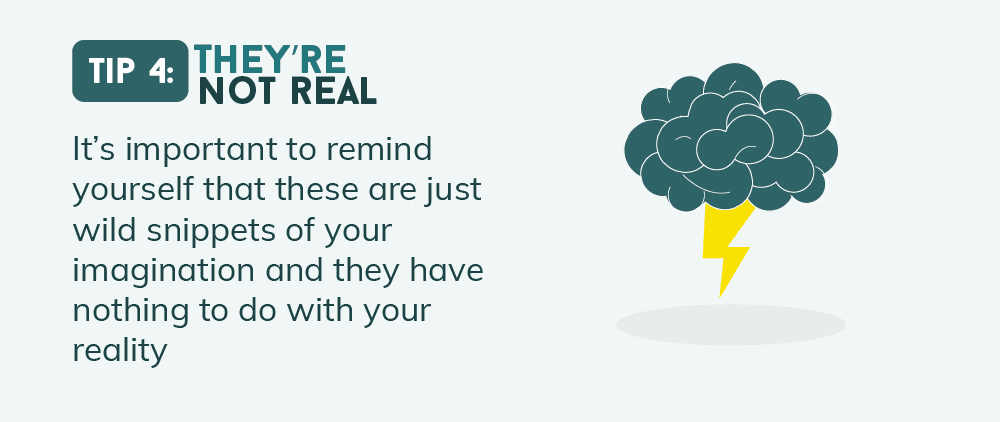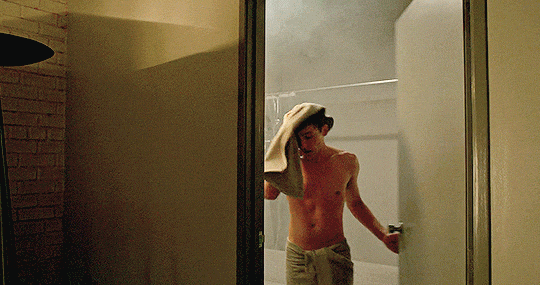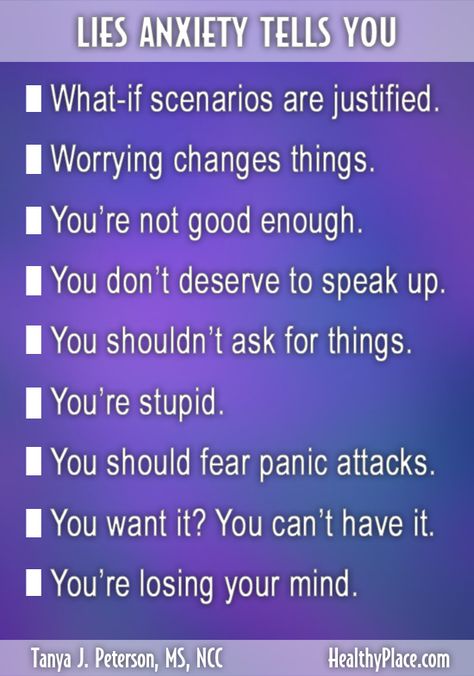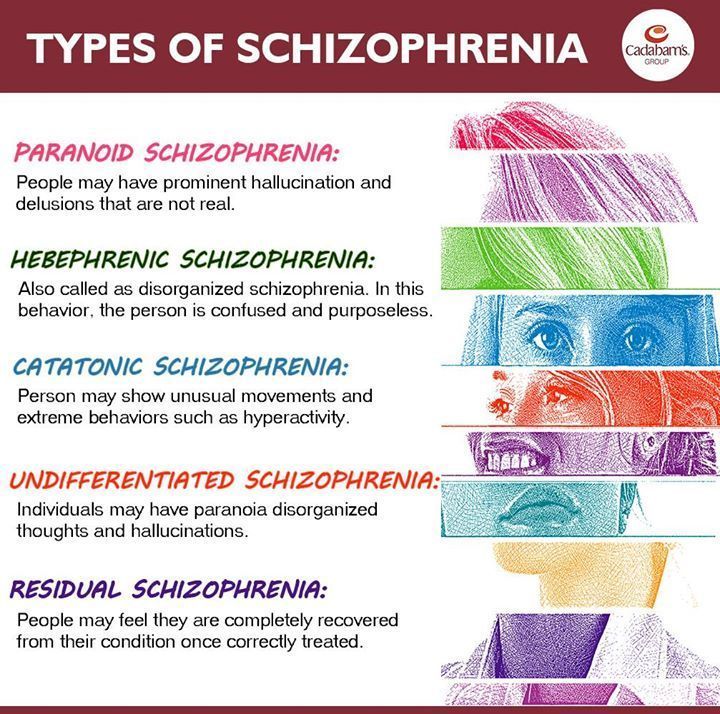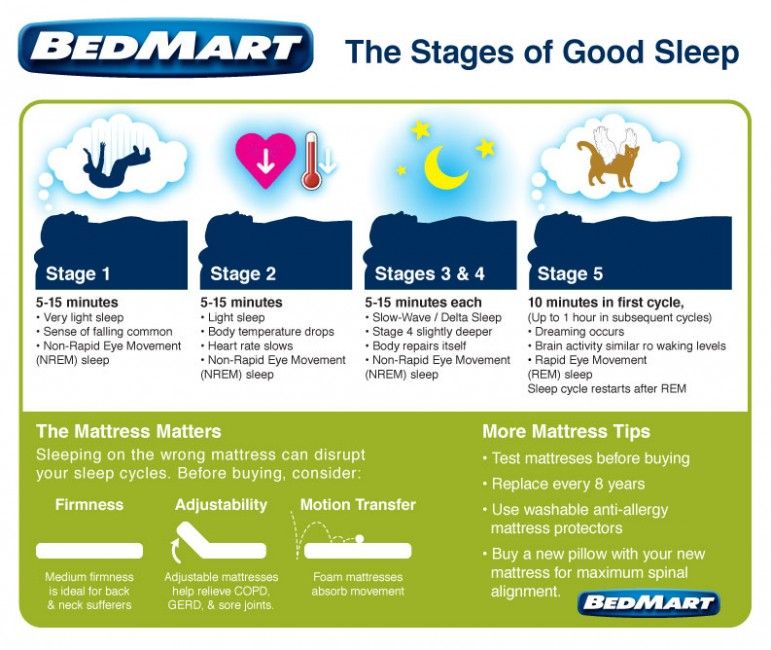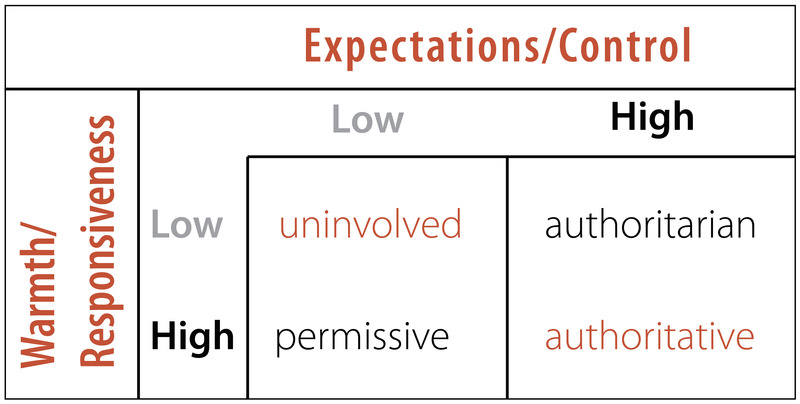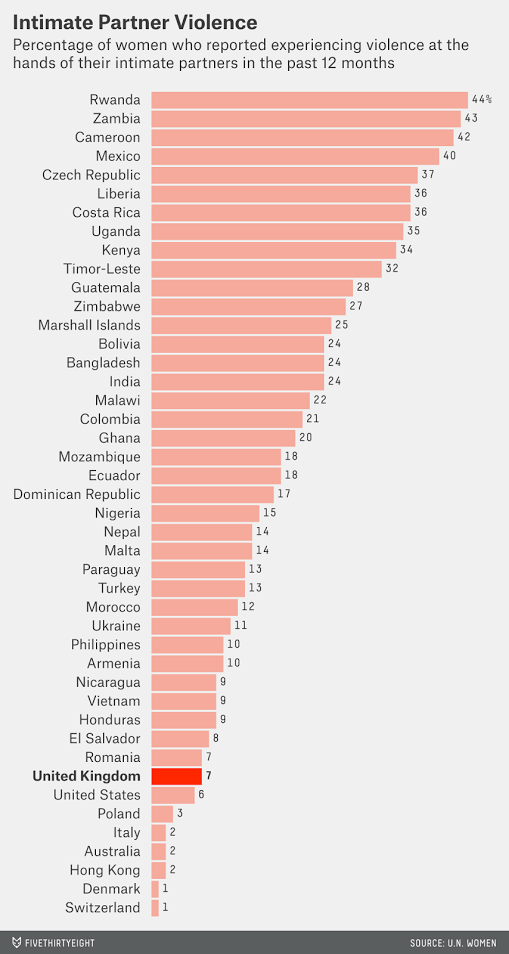Intrusive thoughts about relationship
Is This Relationship OCD or A Wrong Relationship?
All types of OCD include obsessions and compulsions. Obsessions are unwanted and intrusive thoughts, feelings, urges and doubts, while compulsions are repetitive physical or mental actions performed in an attempt to relieve distress and anxiety.
Have you ever wondered to yourself, “What if I’m not in love with my partner anymore? What if I’ve never been?”
Practically everyone has experienced some form of doubt in a relationship. From the big questions like, “Am I in love?” or, “What if my partner is in love with someone else?” to smaller questions like, “Did I do something to make my partner upset? They are in a bad mood and it must be my fault.”
For some people, these thoughts are more than occasional. They can become constant and overwhelming, and even lead to compulsive actions like seeking reassurance to quiet them. When these thoughts and actions rise to the level of obsessive-compulsive order (OCD), they are known as relationship OCD, or ROCD.
Relationship doubts can be a sign of ROCD, but thoughts alone are not enough to diagnose someone with the condition.
ROCD is characterized by ongoing intrusive thoughts and compulsive behaviors around uncertainty of a relationship.
For someone with this condition, relationship doubts are experienced as intense anxiety or discomfort that feel impossible to let go of, and they can often take over or sabotage the relationship.
So what does ROCD look like? A very common symptom of ROCD is reassurance seeking. For example, you might hear your partner humming to a certain song that you don’t like, and think they have terrible taste. While someone else might dismiss this as unimportant — after all, everyone likes different music — for someone with ROCD, their mind might latch onto this thought and grow it into cause for greater concern.
Then, you might start thinking about how your partner has terrible taste in everything, not just music, and how maybe this means you’re not meant to be together. Shouldn’t you be with someone with better taste? These obsessive thoughts won’t stop, so to ease yourself of the anxiety and doubt, you call a friend to ask if they think your relationship is working and what they think about your partner’s taste in music. Maybe you call two friends. Or three. This could lead to spending hours comparing what each friend said, and maybe a few more hours Googling the band your partner was listening to, what people think about the band and what kind of people are fans.
Shouldn’t you be with someone with better taste? These obsessive thoughts won’t stop, so to ease yourself of the anxiety and doubt, you call a friend to ask if they think your relationship is working and what they think about your partner’s taste in music. Maybe you call two friends. Or three. This could lead to spending hours comparing what each friend said, and maybe a few more hours Googling the band your partner was listening to, what people think about the band and what kind of people are fans.
It’s also common to seek reassurance from your partner by continually asking them questions like whether they are in love with you or if they’ve been unfaithful. Someone with ROCD might spend hours thinking about whether they are with the right person. Other compulsions often take the form of checking and mental review. You might be engaged in what feels like endless mental tests to make sure you love your partner. You might replay questions like: Are they attractive enough? Do they have the right eye color? Are they intelligent enough? Are they spending too much time on social media? These intrusive thoughts are obsessive and unrelenting, not fleeting.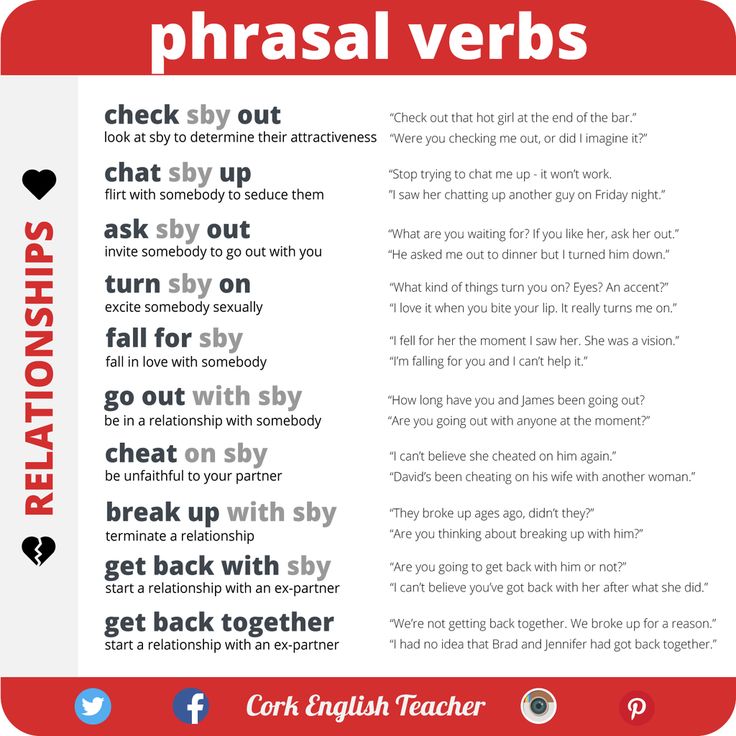
ROCD vs. normal relationship doubts
ROCD goes beyond relationship doubts. You might find that these thoughts will go on and on, often for hours or days, and won’t leave until you can find reassurance either internally or externally to dismiss these concerns. ROCD can be incredibly time-consuming, drain someone of energy and keep them from being able to feel connected to their partner.
An important distinction between relationship doubts and ROCD is that anxieties don’t go away with reassurance when you have ROCD. They are only alleviated temporarily. If you find that you need to ask your friend the same question over and over again because it’s the only way you’ll feel less anxious about your relationship, even though she’s already given you the same answer 10 times, that could be a sign of ROCD.
ROCD can be tricky to diagnose because practically everyone feels anxiety and doubt about their relationships at some point.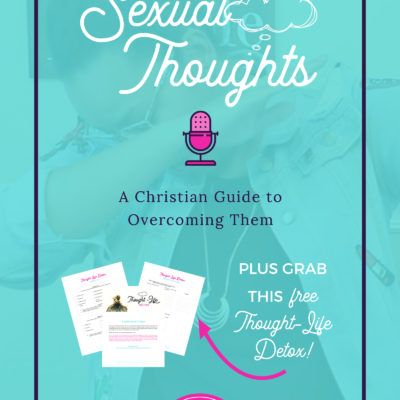 Someone with ROCD might simply consider themselves the type of person who is too picky or too “high-maintenance,” or maybe just isn’t great at maintaining romantic connections. ROCD, however, is consistent overtime when not treated. While someone could have relationship doubts because they are actually in the wrong relationship, if you have ROCD, the obsessions and compulsions are carried from one connection to the next. They are not dependent on the quality of the relationship as much as on your own doubt and uncertainty.
Someone with ROCD might simply consider themselves the type of person who is too picky or too “high-maintenance,” or maybe just isn’t great at maintaining romantic connections. ROCD, however, is consistent overtime when not treated. While someone could have relationship doubts because they are actually in the wrong relationship, if you have ROCD, the obsessions and compulsions are carried from one connection to the next. They are not dependent on the quality of the relationship as much as on your own doubt and uncertainty.
Treatment for ROCD
If you have ROCD, or think you may have it, know that there’s help available. The best course of treatment for ROCD, like all types of OCD, is exposure and response prevention (ERP) therapy. ERP is considered the gold standard for OCD treatment and has been found 80% effective. An ERP-trained therapist will help by reviewing which thoughts or scenarios are causing you the most anxiety, and then work with you to come up with a specialized treatment plan to alleviate them through gradual controlled exposure.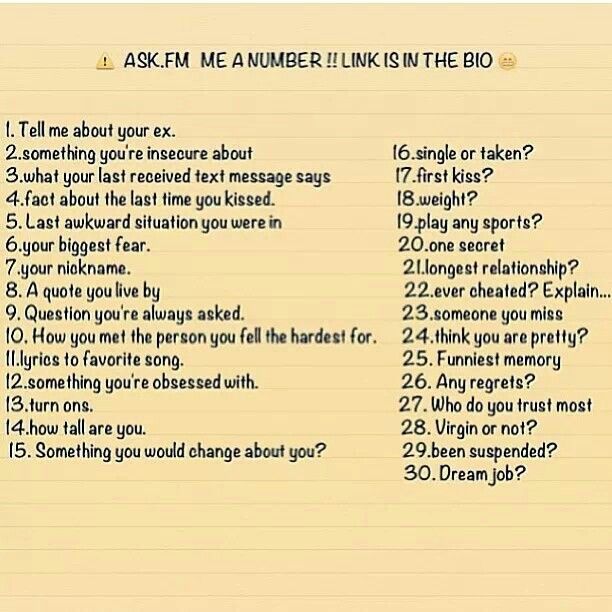 For example, you might work with a therapist on getting to a place where you no longer feel the compulsion to call a friend each time a relationship doubt creeps into your mind. ERP can be challenging because you’ll have to avoid your compulsions and sit with the anxiety that occurs. But the goal is that, over time and with practice, the compulsions will gradually loosen their grip.
For example, you might work with a therapist on getting to a place where you no longer feel the compulsion to call a friend each time a relationship doubt creeps into your mind. ERP can be challenging because you’ll have to avoid your compulsions and sit with the anxiety that occurs. But the goal is that, over time and with practice, the compulsions will gradually loosen their grip.
If you think you might have ROCD, or are interested in learning how it’s treated with ERP, schedule a free call with the NOCD clinical team to find out how this type of treatment can help you. All of our therapists specialize in OCD and receive ERP-specific training. You can also join our Relationship OCD community and get 24/7 access to personalized self-management tools built by people who have been through OCD and successfully recovered.
Relationship OCD | Made of Millions Foundation
Relationship OCD, also known as Relationship Substantiation or ROCD, is a subset of OCD in which sufferers are consumed with doubts about their relationship.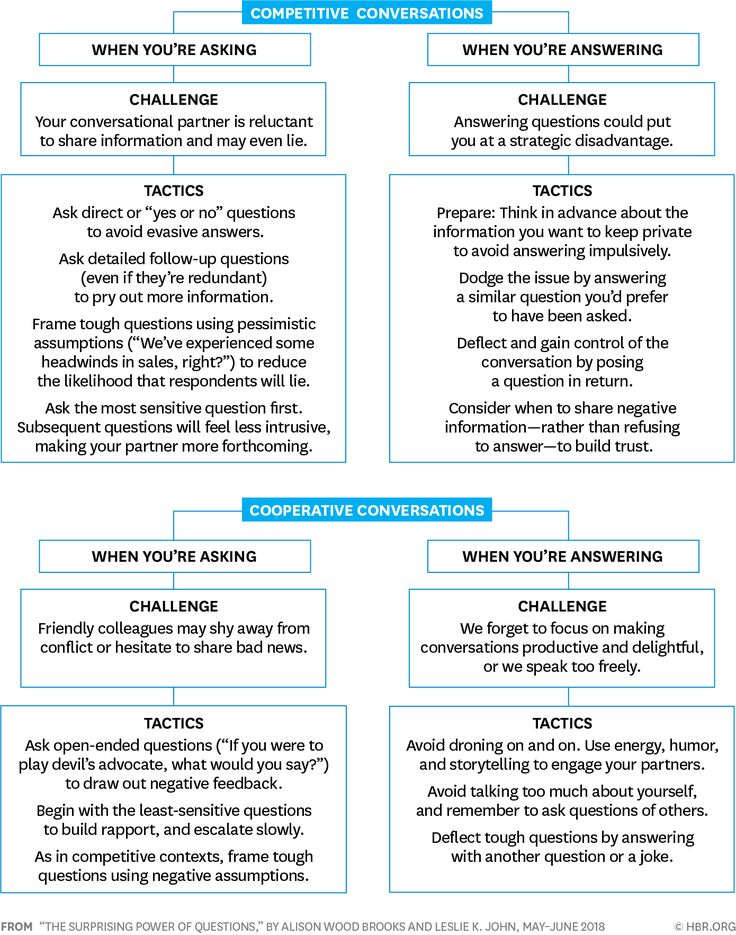 They question their love for their partner, their attraction to their partner, their compatibility with their partner, and their partner’s love for them.
They question their love for their partner, their attraction to their partner, their compatibility with their partner, and their partner’s love for them.
Having doubts or concerns about your partner is normal. Everyone experiences them. However, for ROCD sufferers, these thoughts can be irrational, unfounded and detrimental to day-to-day life.
Common Relationship OCD obsessions:
- Fear that you’re not good enough for your partner.
- Constantly second guessing your love for your partner.
- Constantly wondering if you’re with the right person.
Common Relationship OCD compulsions:
- Obsessive questioning: You’re preoccupied with very small details that make you question everything about your relationship.
- Research: Constantly reading articles that define what a “successful” relationship looks like.
- Comparisons: Speaking to friends about their relationships and comparing it to yours.
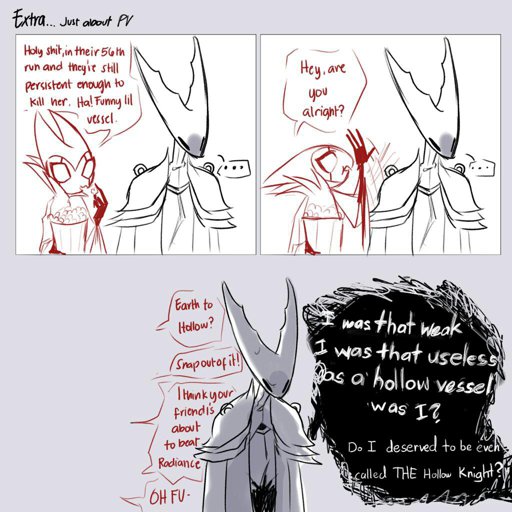
- Endless reflection: Always questioning and thinking about your partner’s qualities.
- Seeking passion: Becoming upset during moments of sexual intimacy because you’re desperate to find passion with your partner.
- Always looking for love: An endless quest for the “perfect” kind of love. This obsession keeps you from actually experiencing it.
- Creating rules for your partner: When they don’t uphold them, you think the relationship isn’t worth it.
Common misconceptions about Relationship OCD:
- Relationships don’t evolve over time and should feel passionate 100% of the time.
- The idea that once you find someone you’re “meant to be” with, you can’t find other people attractive.
- Getting caught up in the idea of finding “the one.”
Everyone gets intrusive thoughts, but having them doesn’t mean you have OCD. For people who do have OCD, these thoughts can be debilitating, causing extreme anxiety and discomfort. No matter how hard you try to get rid of them, they won’t go away. For sufferers of ROCD, there’s a never-ending analysis of yourself and your partner. This ongoing quest to determine if you’re right for one another, gets in the way of having a healthy relationship. Often times, the “flaws” you obsess over are extremely minor and not indicative of larger issues in your relationship.
For people who do have OCD, these thoughts can be debilitating, causing extreme anxiety and discomfort. No matter how hard you try to get rid of them, they won’t go away. For sufferers of ROCD, there’s a never-ending analysis of yourself and your partner. This ongoing quest to determine if you’re right for one another, gets in the way of having a healthy relationship. Often times, the “flaws” you obsess over are extremely minor and not indicative of larger issues in your relationship.
Everyday Examples:
- You’re married to someone smart, funny, attractive and loveable, yet you can’t help but think that you could have found a better partner.
- You think your partner has bushy eyebrows. You pinpoint this “flaw” and think that you couldn’t possibly be with someone like this for the rest of your life. You start thinking that it’s time to find someone who has better-looking eyebrows.
- You’ve been dating someone for a year and the question of marriage comes up from time to time.
 Even though your partner is great and you’re happy, you can’t stop wondering if you love him/her enough.
Even though your partner is great and you’re happy, you can’t stop wondering if you love him/her enough.
When family members and friends become aware of your OCD, they’re often tempted to offer reassurance. For example, your sister might tell you that you’re more than good enough for your partner. Unfortunately, enabling you in this way can actually make your OCD worse. Involving your family in therapy can be a good way to help them understand the do’s and don’ts of the disorder, and create a game plan for helping you at home.
Is Recovery Possible for Me?Yes! But it takes two to tango. Treatment for Relationship OCD almost always involves you and your partner. Remember, patience and transparency are the keys to successful treatment. This subtype of OCD is best treated with Exposure Response Prevention Therapy (ERP). ERP is when you voluntarily expose yourself to the source of your fear over and over and over again, without acting out any compulsion to neutralize or stop the fear. By repeatedly facing something you’re afraid of, you force your brain to recognize how irrational it is.
By repeatedly facing something you’re afraid of, you force your brain to recognize how irrational it is.
Examples of ERP treatment:
- Having an open dialogue with your partner. In therapy, you’ll be asked to reveal your thoughts to your partner. Remember, these thoughts have no legitimacy and it’s critical that your partner understand that in order to move past them.
- Educating your partner on OCD and ROCD so they can be a better support system for you.
- Comedic relief, such as joking around during sexual intimacy, may be part of your treatment. Clinical psychologists suggest this to minimize the pressure to seek passion that you put on yourself.
There are other treatment options as well. Mindfulness-based Cognitive Behavioral Therapy, also known as CBT, teaches people to identify, understand and change negative thinking patterns and behaviors. Patients are taught problem-solving skills during therapy lessons and then instructed to practice them on their own time in order to build positive habits.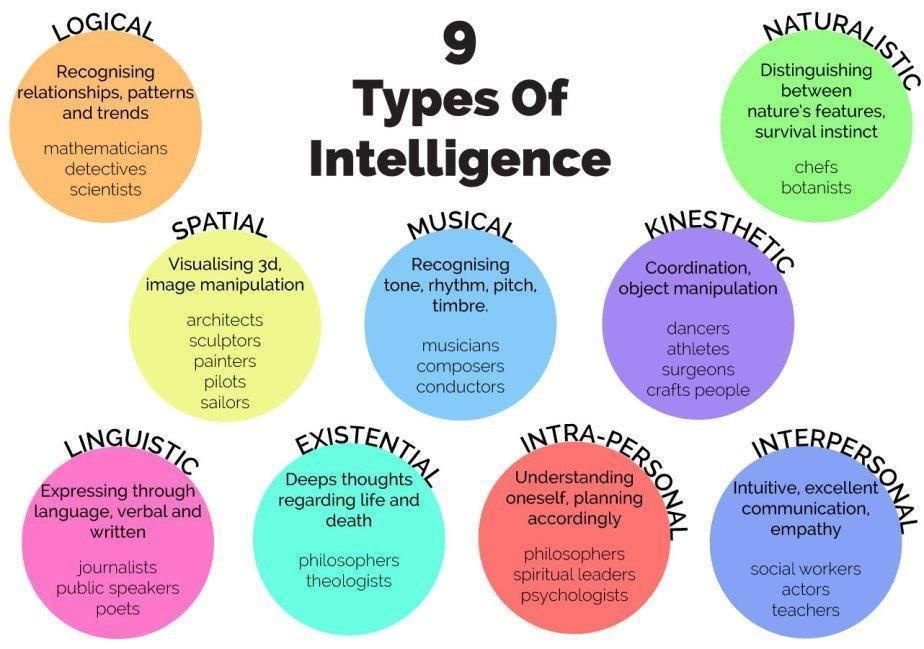
Medication can help alongside ERP, but it shouldn’t replace it. Doctors should always be consulted before considering medicinal options.
The main family of medicines used to treat OCD are known as Selective Serotonin Reuptake Inhibitors, or SSRIs. SSRIs enhance your natural serotonin activity and are used to treat major depressive disorders and anxiety conditions. Examples include Lexapro, Prozac, Paxil and Zoloft.
What is the goal of therapy?When people recover from ROCD, they’re capable of engaging in the natural complexities of relationships. It means you can take on relationship challenges and no longer feel an immense amount of distress. Although your associations may never permanently go away, treatment will allow you to have healthy, happy relationships with others.
If you suffer from OCD, you have a severe anxiety disorder. But it can be treated. Start by getting educated and making healthy living choices. Then find a clinical psychologist in your area who specializes in OCD and Exposure Response Prevention (ERP).
Start by getting educated and making healthy living choices. Then find a clinical psychologist in your area who specializes in OCD and Exposure Response Prevention (ERP).
Relationship OCD: How obsessive thoughts and doubts get in the way
Once we have dealt with an attack of suspicion or doubt in an unacceptable but successful way, we remember this attempt and begin to repeat it again and again. But since this solution is dysfunctional, we do not solve our problem, but only worsen it, thereby aggravating our situation and perpetuating the problem.
Mikhail Manukhin in the book Love in Doubt. Obsessive Compulsive Relationship Disorder lists misguided, dysfunctional ways to deal with anxiety. Here are some of them.
Which methods do not work?
1. An attempt to drown obsessive thoughts, to suppress, to throw out of the head. Unfortunately, the effect is just the opposite: the more bad thoughts are silenced, the more they fill the consciousness.
2. Appeal to your feelings in search of proof or answer. Listening to yourself: "Do I love my partner or not?" Looking into the eyes of another to determine his attitude. Why is it harmful? The more a person listens to the signals of the body, the more uncertain the reaction of the body can be. Emotions can either increase the degree of sensations, or, conversely, seriously underestimate them.
3. Use of repetitive actions and mental rituals. In an attempt to eliminate and/or control unpleasant feelings, fear and anxiety, some use ritual actions that, if repeated many times, can turn into compulsions. If a girl to neutralize the unpleasant thought “What if I fall in love with my boss?” spits three times over his left shoulder or taps his fingers with a complex rhythmic pattern, then this is the ritual of control. Any ritual in the end only enhances the emotions that accompany obsessions, thereby confirming the danger and significance of these thoughts, contributing to their more intense appearance.
4. Avoidance is the most common attempt by a person to cope with his fear. Avoidance is the best way to create and perpetuate a phobia. Fear feeds fear. The more a person resorts to avoidance, the more it confirms that he is not able to cope with his problem. And this leads to a new round of fear.
Typical avoidance patterns in O-OCD:
- a young man who has doubts about his sexual orientation will avoid girls;
- the girl does not go to the meeting of her boyfriend's friends because his ex may be there;
- a wife avoids calling her husband, because if she hears a note of irritation or displeasure in his voice, then this will be the exact proof of his dislike for her.
5. Representations from others. Self-distrust can be compensated by asking other people, especially close ones. They will certainly say if I am mistaken in something: “Do you really love me? Prove it. Kiss"; “Is he definitely not cheating on me at work with anyone? Tell me right away if you see anything suspicious.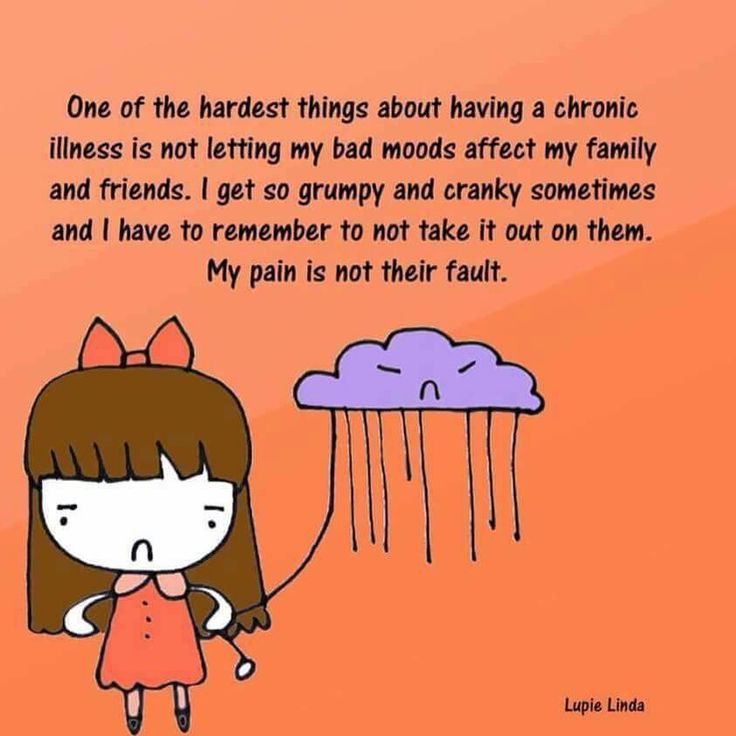 " The more a person does not trust himself, turning to others for assurances, the more his feeling of his insolvency, uncertainty in his abilities to make a decision on a particular issue intensifies.
" The more a person does not trust himself, turning to others for assurances, the more his feeling of his insolvency, uncertainty in his abilities to make a decision on a particular issue intensifies.
How to break the vicious circle
“The main task of the therapist, who works with the client on the problem of OCD relationships, is to block dysfunctional attempts at solution,” says Mikhail Manukhin. - And then the problem will at least stop getting worse, and at the maximum it will be unlocked and even disappear altogether.
Short Term Strategic Therapy (SST) developed by Paul Watzlawick and Giorgio Nardone is well suited for this purpose. The essence of the work is for the client to go through new emotional experiences that will help to destroy the painful consequences of experiences from a previous life.
The second tool is reframing, that is, finding new points of view on the situation.” In the book Love in Doubt, Mikhail Manukhin offers various exercises for therapeutic work. Some of them can be used as a self-help guide.
Some of them can be used as a self-help guide.
Here are two tasks from this book.
1. “Torture” by obsessions
Some may find this approach mocking. But it is precisely such an active, conscious movement towards the painful that often helps a person get rid of pain. The therapist's prescription reads as follows:
- Every hour for five minutes (and so every day until the next meeting) you should write down your obsessive thoughts on paper. Just translate them from your head through a pen to paper.
- If unwanted thoughts or images appear between the five-minute intervals, try to be with them without reacting to them, without doing anything about them.
- Try to convince yourself to postpone the "fight" with them until the next five minutes. If it is completely unbearable, then perform a five-minute write-out at such a moment.
Such work shifts the client's attention to the process of writing down thoughts on paper.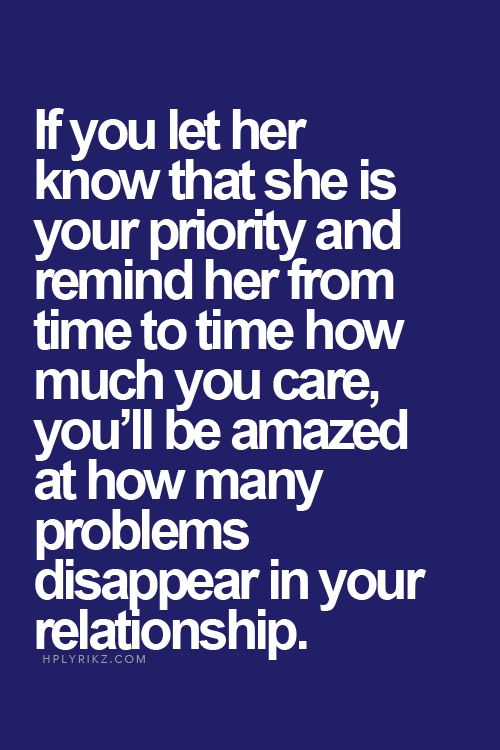 Due to such cunning, his perception of fear when in contact with a threat is reduced.
Due to such cunning, his perception of fear when in contact with a threat is reduced.
Obsessive thoughts about another man
Obsessive thoughts about …
Recently he took the initiative himself and now we have found a rented apartment and we are moving in a few days. All 4 years I was sure that I love him and I can't live without him.
But here at work, about a month ago, I started talking to a guy who hadn't even been greeted before. We are interested together, I notice flirting on his part. Later she said she had a boyfriend. But there's a problem, I can't stop thinking about him.
He is 10 years older and completely different from my boyfriend in character. I'm starting to think what it would be like if I didn't have a boyfriend. By the way, he just recently retired. That's why we rarely see each other.
All these thoughts make me feel disgusted. It’s even more disgusting that we are finally ripe to move in together, but I don’t feel like it anymore. I begin to think that since I think so about another, then maybe I don’t love my own at all?
I begin to think that since I think so about another, then maybe I don’t love my own at all?
In general, I apologize for my whining. But I really don't know what to do in this situation. There is a premonition that all this moving is in vain. #relationship
-
Why do I need a man if he doesn't get better?
14,528 answers
-
Is it worth trying to live together?
425 answers
-
Question to mistresses: why are you doing this?
17 100 answers
-
How to recognize a gigolo?
4 164 answers
-
Love of a student for the teacher ... Forbidden fruit is sweet
27 679 answers
-
Help part with a married man
9,000 9,000 9,0003
-
Why did men have forgotten how to take care of?
9 570 answers
-
Can't survive without a man
4 778 answers
-
0002 4469 answers
-
I got dumped today.
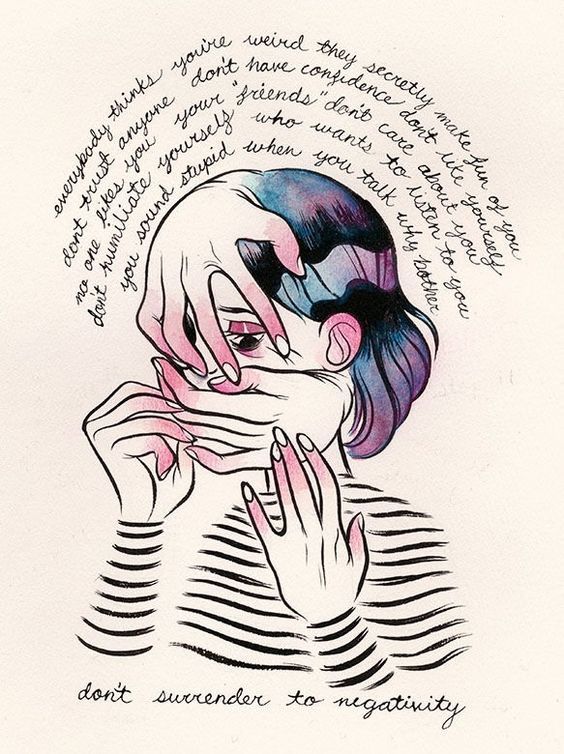 ..
.. 4 159 answers
12 answers
Last - Cross
#2
#3
77777777777777
#4
#5
#6
Guest
Thinking about another man proves that your boyfriend means nothing to you anymore. The boy delayed the maturation period, he was late. But the question is different, does your colleague think about you? Would he like to chat with you?
But the question is different, does your colleague think about you? Would he like to chat with you?
#7
Guest
I think so, because it was from him that the initiative came, until I said about the guy. This is what he likes that he is more determined
#8
#9
You correctly named this obsessive thoughts. It's most likely obsessive compulsive disorder OCD. Google the symptoms. If at least once in life they were, then this exacerbation is likely. Caused by stress. You have been dreaming about an event for a long time, and now it should happen, subconsciously you are afraid. Well, it's like jitters before the wedding for some.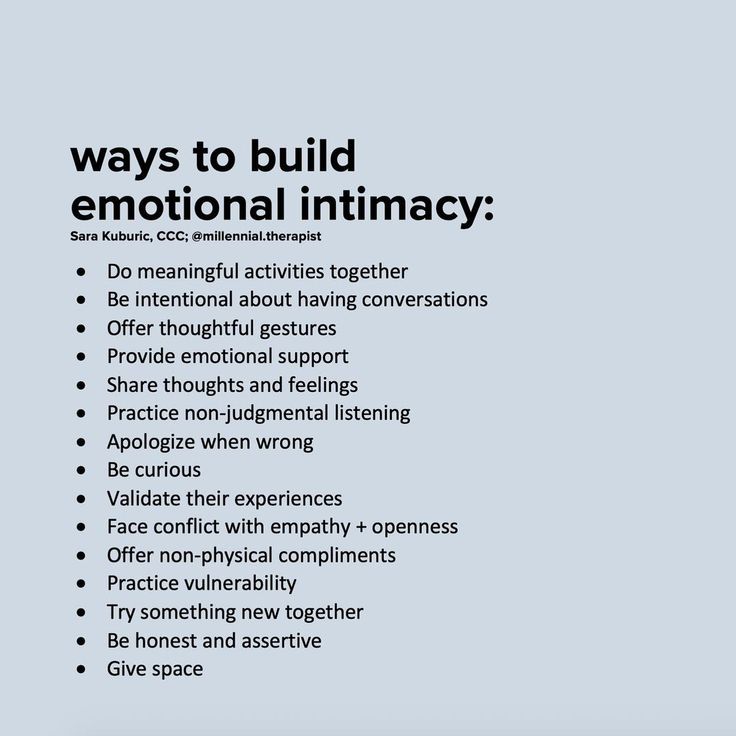 OCD is very serious, the first thing to remember about it is not to be led by all these thoughts. And they will pass. Don't try to think it over logically, it's useless. It's just that the brain is trying to avoid a terrible event in this way. And in no case do not talk about this with your boyfriend, he will not help in any way, and you can ruin your relationship a lot. Psychologists don't treat it. As a last resort, try a psychotherapist who practices CBT/CBT. But it’s better not to waste money, just as soon as you think about it, remember that this is a painful state of OCD caused by stress, don’t try to forbid thinking about it, it will only get in the way, just try it. Usually one of the important symptoms of OCD is that people themselves understand the absurdity of these thoughts.
OCD is very serious, the first thing to remember about it is not to be led by all these thoughts. And they will pass. Don't try to think it over logically, it's useless. It's just that the brain is trying to avoid a terrible event in this way. And in no case do not talk about this with your boyfriend, he will not help in any way, and you can ruin your relationship a lot. Psychologists don't treat it. As a last resort, try a psychotherapist who practices CBT/CBT. But it’s better not to waste money, just as soon as you think about it, remember that this is a painful state of OCD caused by stress, don’t try to forbid thinking about it, it will only get in the way, just try it. Usually one of the important symptoms of OCD is that people themselves understand the absurdity of these thoughts.
But the stress is caused by a protracted problem. After all, you have been waiting for this for a long time, but your boyfriend was not ready? Perhaps you really have problems with him or with yourself.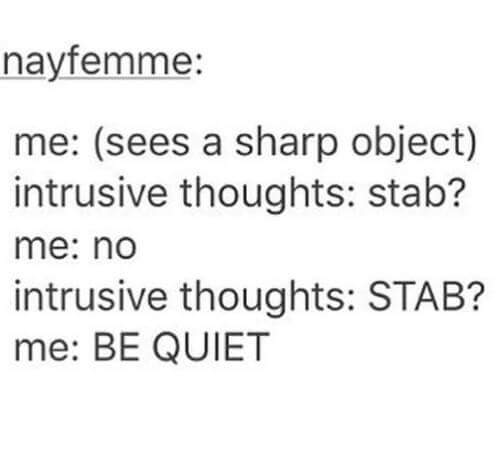 Who doesn't have them. But it's better to deal with everything in order. First okrug. then the rest. But it is possible that if you move in first, this condition will worsen, because the stress has accumulated, and he has nowhere to go. Oh, you should have a vacation at sea, and preferably together, you need a positive reboot. By the way, maybe if you didn't plan, try to start planning and fantasize about kids or a wedding, for example, shift the focus away from moving. After all, moving is just the beginning...
Who doesn't have them. But it's better to deal with everything in order. First okrug. then the rest. But it is possible that if you move in first, this condition will worsen, because the stress has accumulated, and he has nowhere to go. Oh, you should have a vacation at sea, and preferably together, you need a positive reboot. By the way, maybe if you didn't plan, try to start planning and fantasize about kids or a wedding, for example, shift the focus away from moving. After all, moving is just the beginning...
#10
#11
9000 #12
New topics for new topics for new topics for new topics for new topics for new topics for new topics for new topics for new topics for new topics for new topics for new topics day:
-
Do guys quickly forget those they loved?
1 answer
-
Can you see?
1 answer
-
4 answers
-
The man moves away after the meeting.
 Swing
Swing 10 answers
-
Will a guy forget a girl?
2 answers
-
How to leave a guy at home?
No answers
-
Mom and divorce
No answers
-
Is feminism good or not?
1 answer
-
Entered into a relationship with a man 40+
18 answers
-
Is he shy of me?
5 answers
Popular topics per day:
-
Is it a chance to a man with SZ
436 answers
-
Why are women sitting on forums not afraid to talk about lovers?
177 answers
-
Have you noticed that rich guys never call girls kept women?
112 answers
-
When men start to cook on an equal footing with us, lead the whole life and take care of children
102 answers
-
92 answers
-
I didn't even ask him for anything.
